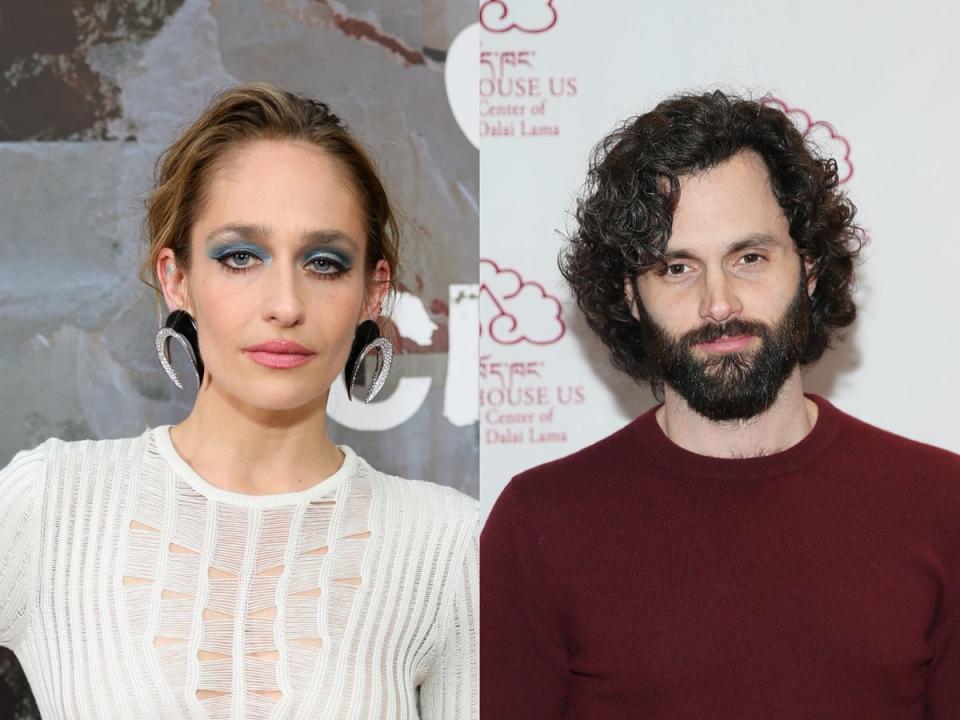Jemima Kirke weighs in after brother-in-law Penn Badgley requests an end to on-screen sex scenes

Jemima Kirke has shared her thoughts on actors saying no to sex scenes after her brother-in-law, Penn Badgley, requested an end to on-screen intimacy.
Badgley, the star of the Netflix thriller series You, revealed in February that the reduction of sex scenes in the show’s most recent season came as a result of his direct request.
Explaining his reasoning in an episode of his podcast, Podcrushed, Badgley had said: “Fidelity, in every relationship, and especially my marriage, is important to me.”
Badgley has been married to Domino Kirke, a singer and the younger sister of Jemima, since 2017.
The former Girls actor was asked her opinion on Badgley’s stance on filming intimate scenes in a recent interview.
“I’m not saying I agree with it. But I do understand,” she told GQ. “I’ve never dated an actor but I’d imagine it would be difficult to see or know that your spouse is being physical with someone else.
“But it’s probably just as hard to know they’re playing a character who’s falling madly in love with another character.”
Kirke, 38, went on to muse that actors’ desires to be more sparing with sex scenes would probably “go further” as time goes on.

“That’s not to say I will partake in that view of things,” she added. “Because to be honest it’s never really happened to me. I’ve never done a sex or a love scene and come home and not loved, or been as attracted to my spouse.”
Kirke played Jessa in all six seasons of the comedy series Girls, which ran from 2012 to 2017. Reflecting on sex scenes filmed back then, Kirke admitted that the approach was “very different” compared to how it works in a post-#MeToo landscape.
“We thought that by being less precious about our bodies, and by not thinking of them as something to hide or protect against the male gaze, that was our version of feminism at the time. And I felt it, I liked it, I agreed with it. It was not in line with what #MeToo became. It didn’t really catch on,” she explained.

 Yahoo News
Yahoo News 